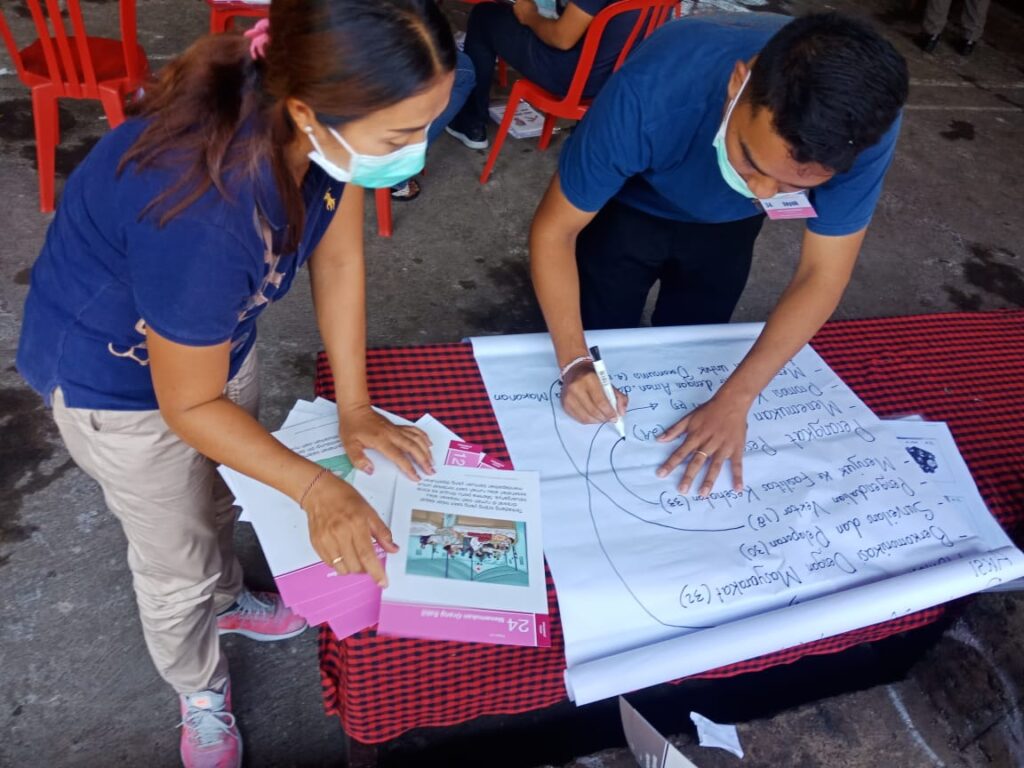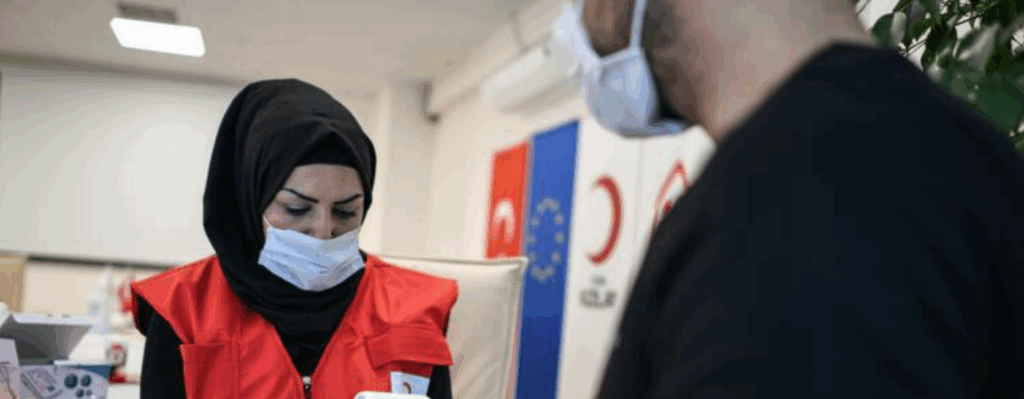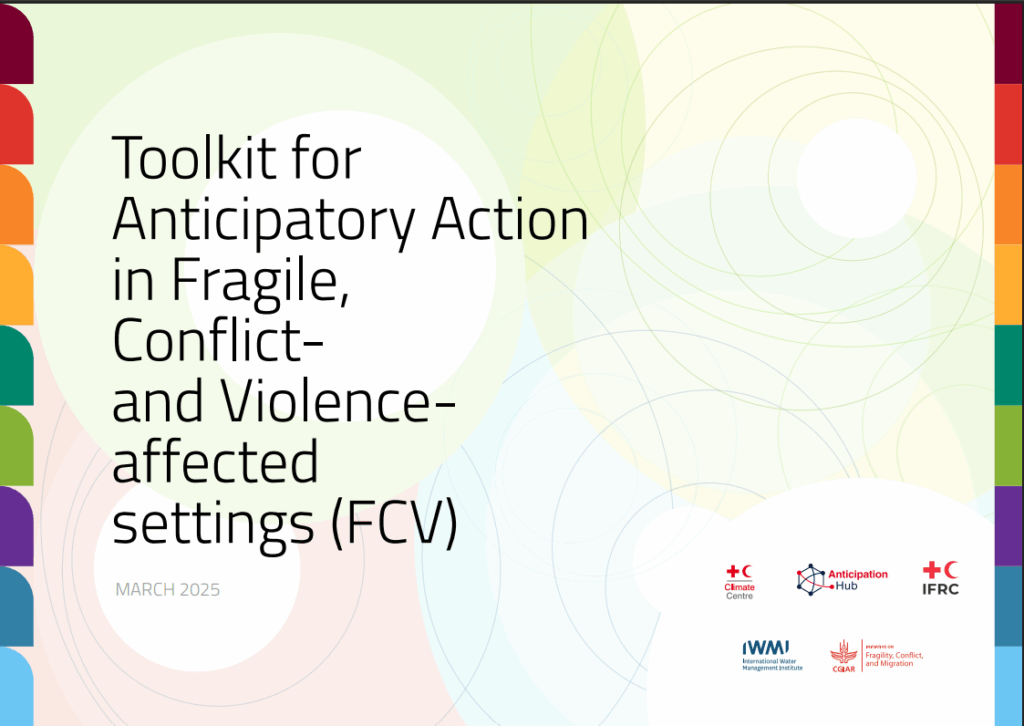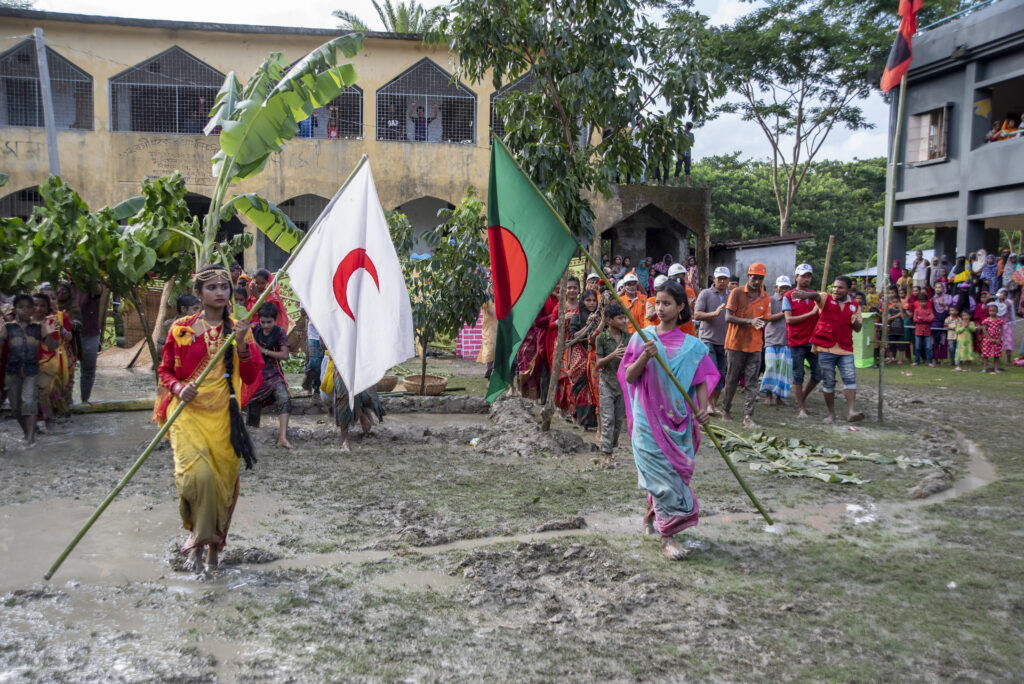Support tool: Checklist for Moving Savings Group Digital criteria
This criteria checklist is a support tool developed by the Livelihoods and Resilience Sector Working Group, with support from U-Learn. It’s specifically designed to support actors with the Uganda refugee response – for a more general tool please see the Digital Savings Group Toolkit: Digital Preparedness Checklist – produced by the DSG Hub. Before making a decision […]
Support tool: Checklist for Moving Savings Group Digital criteria Read More »




